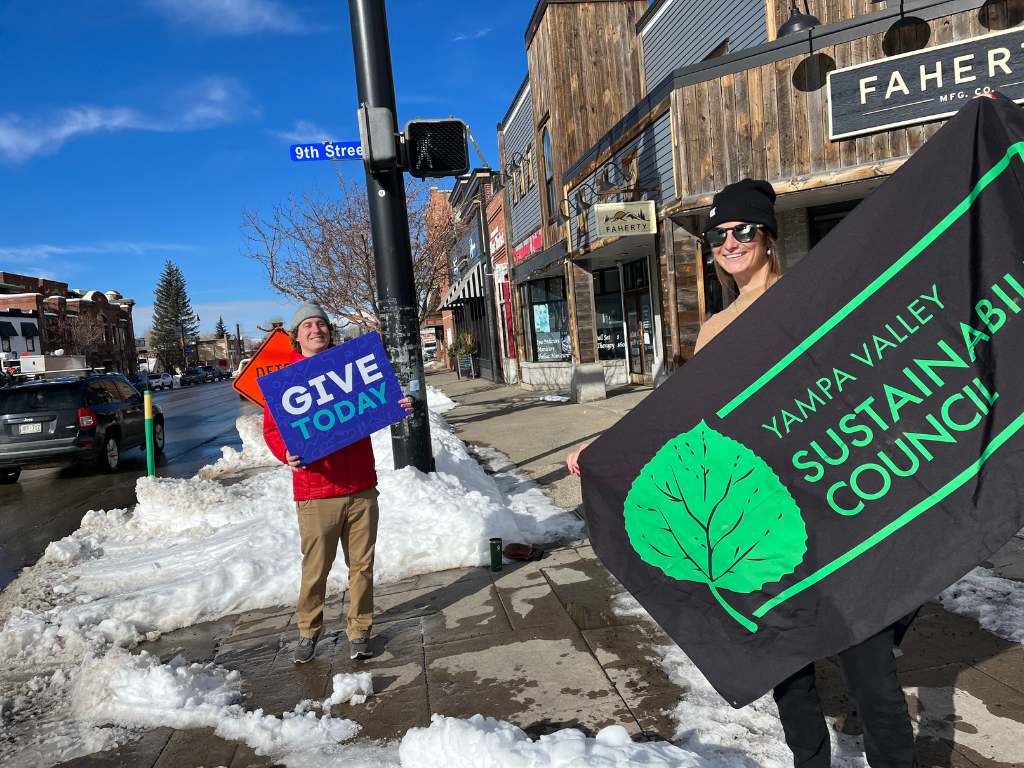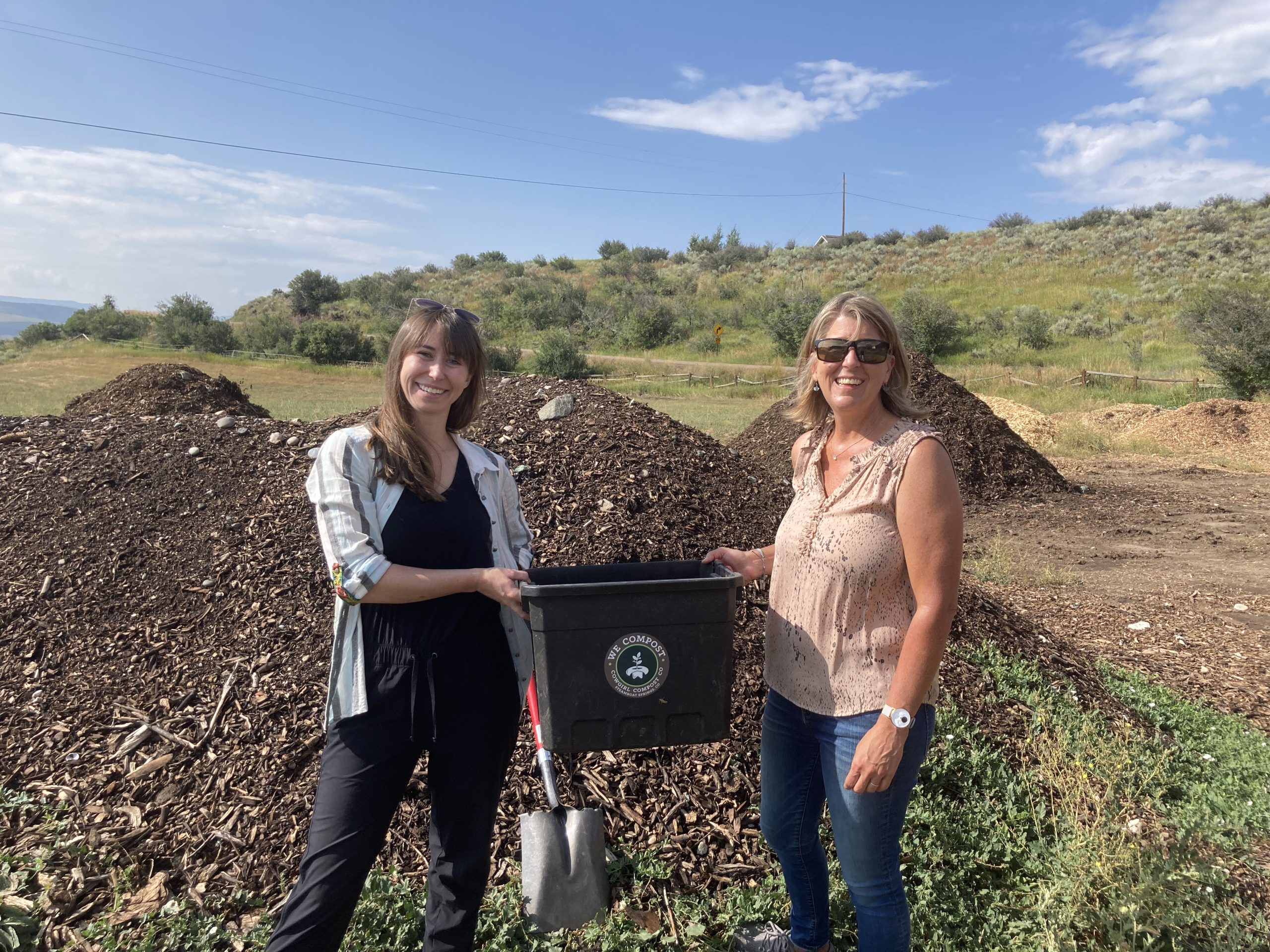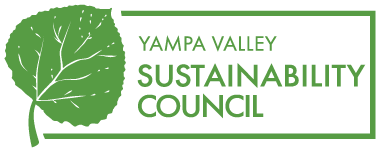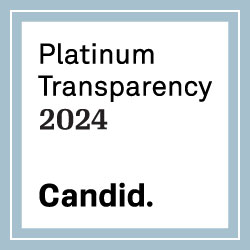APRIL 24, 2015 BY
This coming Tuesday we’ve got a special guest coming to Steamboat, and we hope you can join us to learn more!
The Environmental Protection Agency’s District 8 Region Manager Virginia Till will be speaking on Feed People, Not Landfills, highlighting the EPA’s Food Recovery programs.
YVSC has worked for many years on waste diversion through our Yampa Valley Recycles and Zero Waste programs. It is exciting to continue to focus the discussion on food waste with this expert in the field. Food is a necessity of human existence. Yet there is a gross imbalance of waste vs. need in this country.
According to the EPA, food waste makes up 18% of our waste stream (EPA.gov). On the other hand, 14% of our population is food impoverished (Worldhunger.org). If we could tip the scale on this imbalance, we would not only be feeding the hungry but reducing our carbon emissions, as well. And the USDA estimates that 21% of the available food in the U.S. goes uneaten by consumers. In total, that is 36 pounds of food per person wasted each month at the retail and consumer levels. According to the US Dept. of Agriculture Economic Research Service if 5% of consumer, retail, and food service food discards from 1995 were recovered, savings from landfill costs alone would be about $50 million dollars annually.
Discussions will include
- Preventing Food Waste before it’s created
- Donating Fresh, wholesome food to those in need
- Feeding safe, fresh food scraps to farm animals
- Rendering fats, oils, and grease and turning it into biofuel
- Turning food waste into a valuable soil amendment
- Turning food waste into renewable energy
About our Speaker
Virginia Till, sometimes known as “Recycle Rita” in EPA Region 8, is a recycling specialist and regional lead for EPA’s Food Recovery Challenge. Virginia began at EPA as a graduate student in 2010 and, after successfully completing her integrated sciences degree at the University of Colorado Denver, gained a permanent position at the Denver office in 2013. Virginia enjoys considering “big picture” concepts related to systems thinking, multidisciplinary approaches, and collaborating with various stakeholders to inspire positive and long-term change. Virginia has planned, analyzed, and implemented various aspects of sustainable infrastructure and pollution prevention, and encourages others to integrate community-based social marketing into daily work. Currently, Virginia works to reduce the impacts of wasted food by coordinating regional efforts for the Food Recovery Challenge and Food: Too Good To Waste programs. In her free time, Virginia enjoys photography and the fascinating world of fungi as an amateur mycologist.






